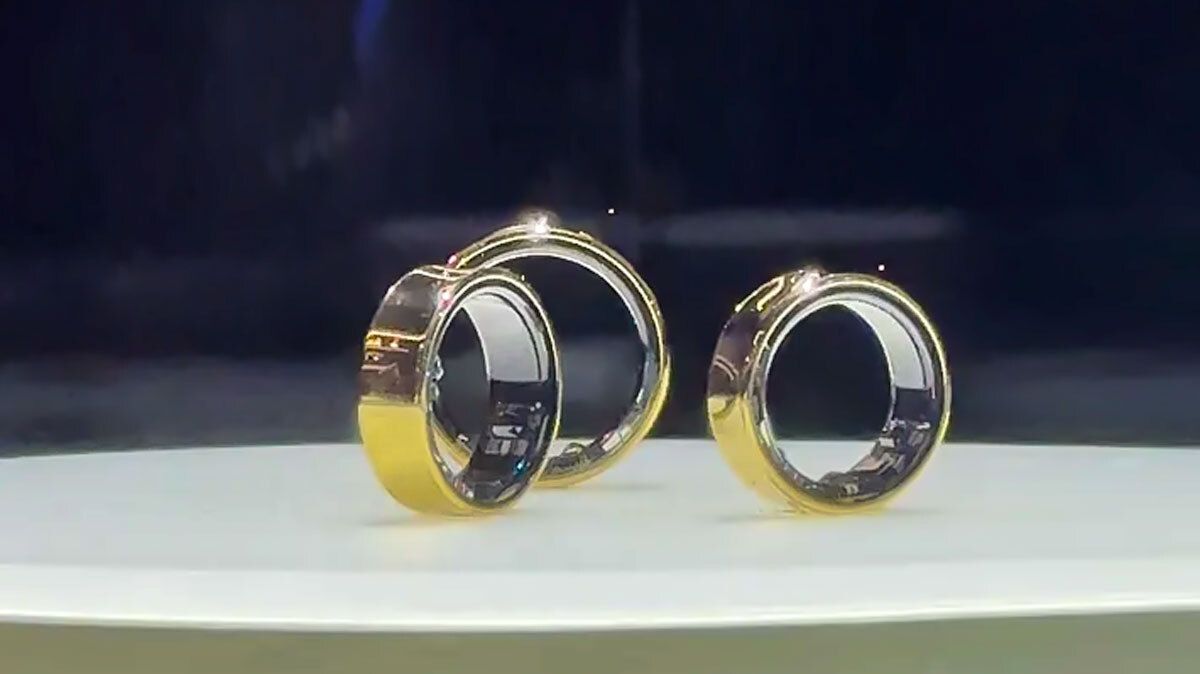Plenty of exciting products are tipped to appear this week at the Summer Galaxy Unpacked — from the Galaxy Z Fold 6 to the Galaxy Watch 7 — but the Galaxy Ring is pretty much a nailed-on certainty. Samsung showed it off at its first Unpacked back in January with a commercial release promised later this year.
The price of Samsung’s first smart ring wasn’t hinted at at the time, though subsequent rumors have pinned it in the $300-350 range. But a new leak from Dealabs has it set for a July 19 release date, with a far higher with an MSRP of €449. That roughly equates to $485 at current conversion levels — though that price will be inclusive of sales tax.
Even taking that into account, however, that’s still substantially more than its rivals in the niche market of smart rings. The third-generation Oura Ring, for example, starts at $299 (or €399 in Europe), and, like Oura, Samsung’s upcoming wearable is tipped to come with an optional subscription service too.
This could all be a misunderstanding based on a holding price, of course, but it’s definitely possible for Samsung to charge this much. Strong as they are, the company’s products usually aren’t the cheapest, and Samsung will have put a lot of R&D money into the Galaxy Ring.
It’s also possible that Samsung will have a massive pricing discrepancy between the US and Europe. We’ll find out at Galaxy Unpacked on Wednesday (10th July).
A possible Galaxy Ring 2 upgrade
Assuming the Galaxy Ring proves popular, it seems likely that there will be a second generation at some point. And it seems Samsung is already exploring how to make future versions more feature-packed.
91mobiles has unearthed a company patent showing off a smart ring with a display. The accompanying image shows a ring that’s slightly more elongated than the version we saw at CES to compensate.
As theoretical upgrades go, this is undoubtedly what you’d call a double-edged sword. On one hand, even a small display gives users more information on the fly, with the potential to see health stats and even notifications without reaching for their connected smartphones.
On the other, the main selling point of smart rings over fitness trackers is that the tech is hiding in plain sight. At a glance, smart rings look like regular jewelry, and it’s hard to imagine how adding a screen wouldn’t break the illusion. If you want a small screen, why not just buy a smartwatch?
Add to that what adding a screen might do to battery life, and there are certainly reasons to treat this as one possibility rather than what a future Galaxy Ring will inevitably look like. After all, plenty of patents are never actually realized into commercially available products.
For now, we should just wait and see how impressive Samsung’s first Galaxy Ring is. Hopefully we should have a full review for you soon, so you can buy (or skip) with confidence.



)






